I tried for 2 years to get pregnant — now I have 2 kids thanks to a DIY insemination kit
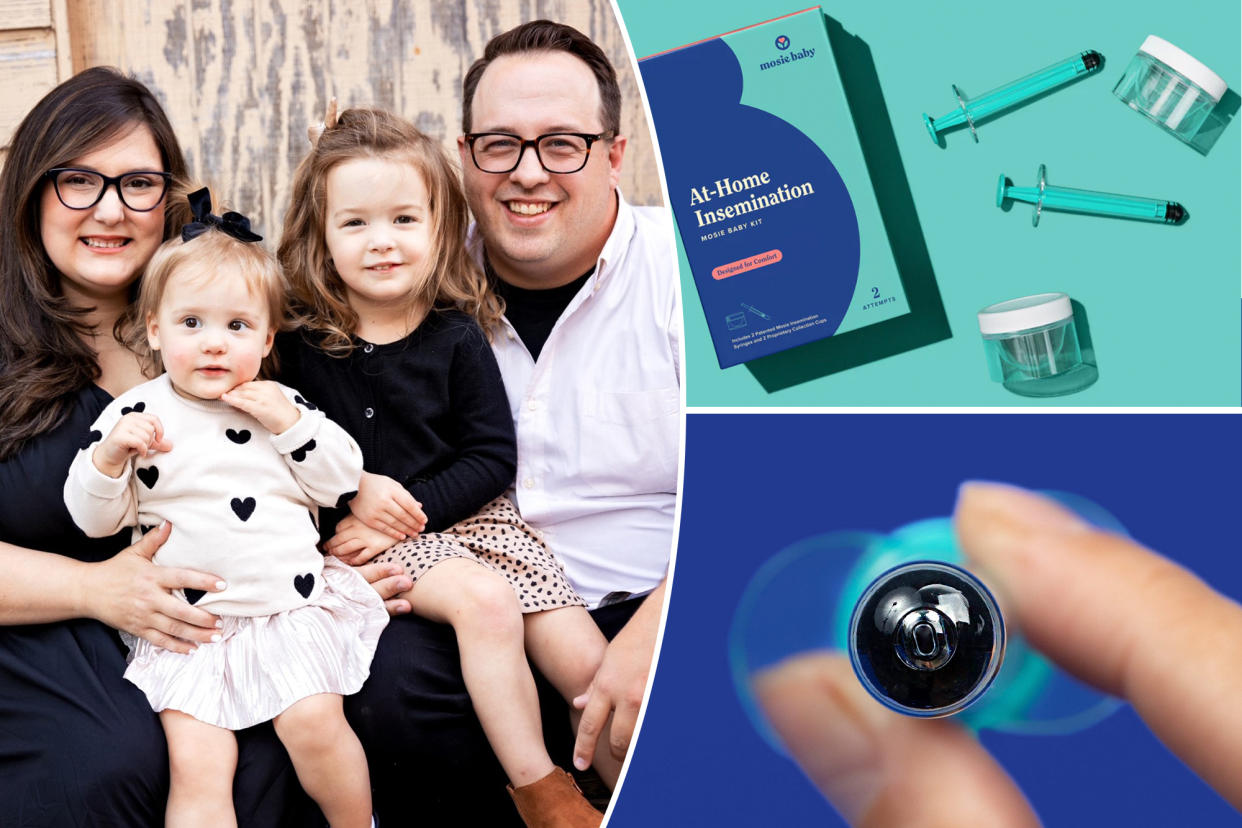
If you want to make babies right, sometimes it’s best to do it yourself.
When Mandi Pitzer and her husband Andrew hadn’t conceived six months after getting married in November 2014, she didn’t immediately become alarmed.
The then-newlywed just figured it would happen — eventually.
Almost immediately after saying “I Do,” the brunette stopped taking the Depo-Provera birth control shots she’d used to prevent pregnancy during her and Andrew’s two-year courtship.
The new Mr. and Mrs. had, too, agreed to ditch the good old “pull out” method — a contraceptive strategy in which the man removes his penis from the vagina before ejaculating — in the hopes of starting a family naturally.
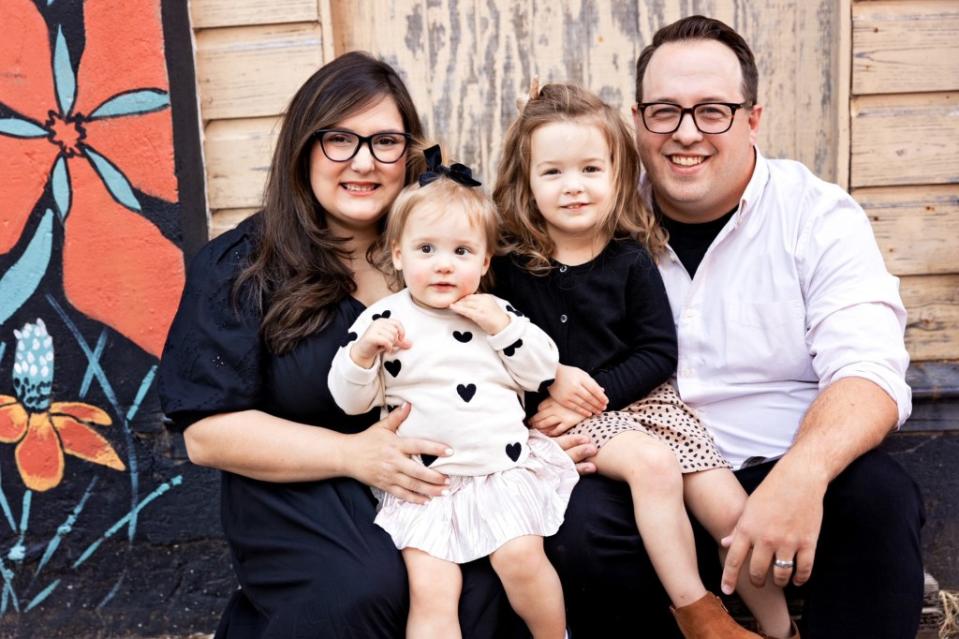
But after two unsuccessful years of ovulation tracking, scheduling sexual rendezvous and considering serious medical intervention, the desperate wannabe mommy scrolled upon the $99 answer to her pregnancy prayers.
“I went on Google and found Mosie, and I was like, ‘Oh, this is perfect. We need to try this out right now,’” Pitzer, now 37, from Dallas, Tex., told The Post of the at-home insemination kit she and Andrew rushed buy.
The sweethearts hadn’t yet gone to their doctors for testing to determine the cause of their infertility. Both just wanted to get the baby ball rolling as soon as possible and were willing to try anything first.
“He was like, ‘Yup! Order it right now!,’” she remembered of their March 2018 purchase. “I was ovulating that weekend, so I had it overnighted to our house.”
The Mosie Baby kit, which now retails for $129, is an over-the-counter patented syringe designed specifically for DIY fertilization during peak ovulation — which can be difficult to time perfectly between busy couples. The FDA-cleared, baby-making bundle comes complete with two proprietary semen collection cups and two insemination syringes.
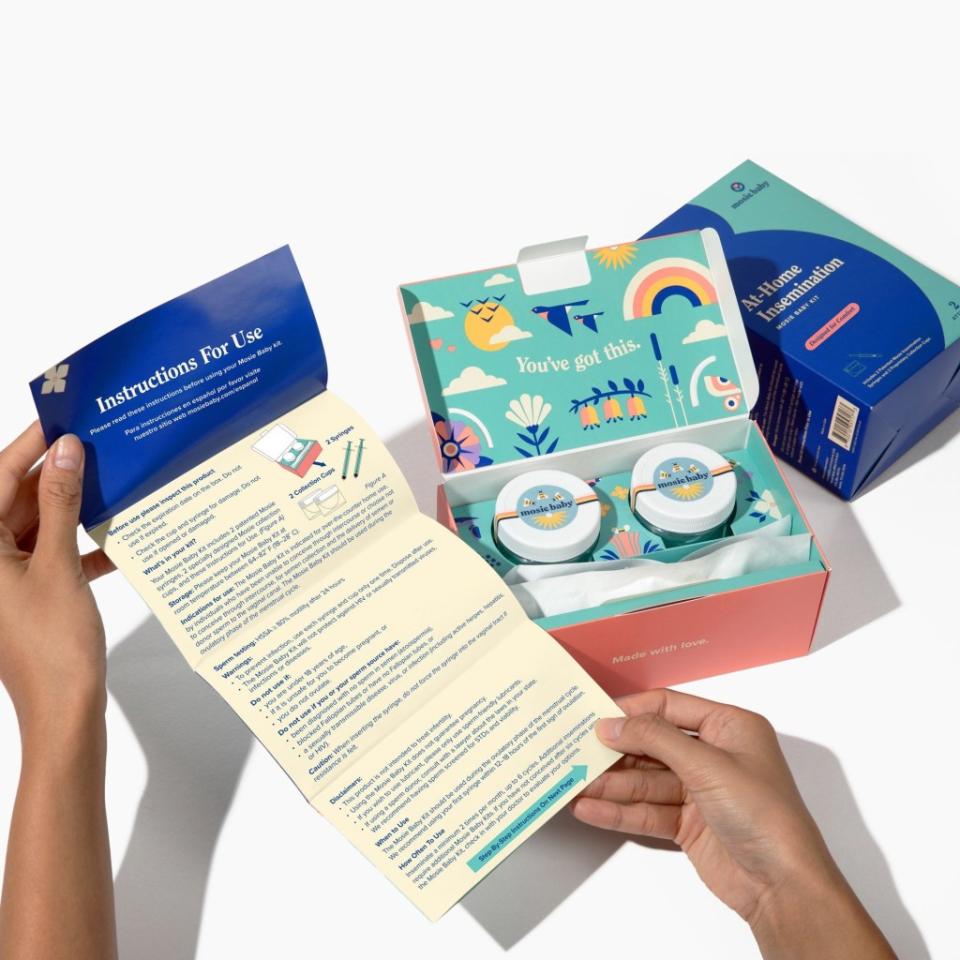
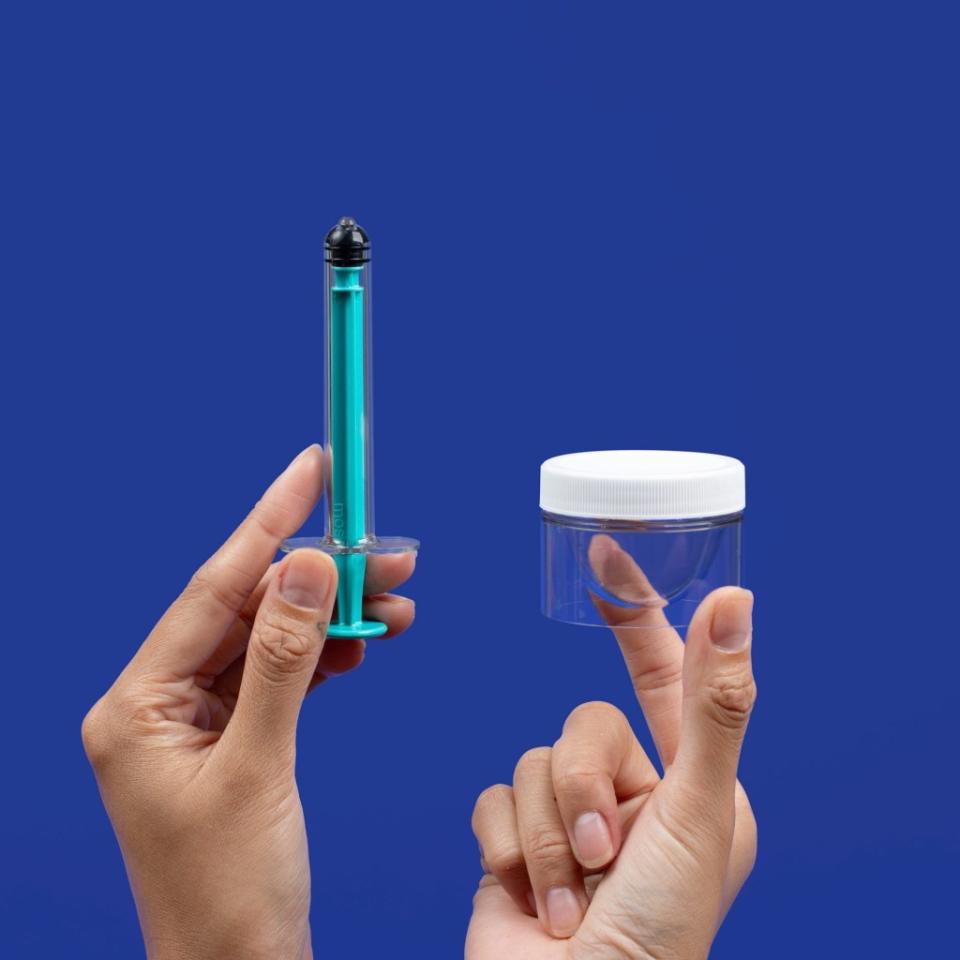
And while at-home fertility strategies were once highly frowned upon as “turkey baster” alternatives to traditional conception, Mosie Baby, along with a slew of unconventional methods has spiked in popularity amongst hopeful parents since the pandemic.
In fact, Dani Morin, a proud “single mommy by choice,” from Newport Beach, Calif., had social media abuzz after revealing her “get pregnant, DIY edition” steps in a trending TikTok how-to in July 2020.
Bailey Ennis, a 24-year-old singleton from London, also virally raved to her online followers that she’d shelled out $30 for a self-impregnating kit that aided her in welcoming a baby in August 2022.
“Best choice ever,” penned Ennis in the caption of her clip while cradling her son.
An October 2023 industry report on the global rise of the artificial insemination market found that the trend has enjoyed a steady climb since 2022, with a then-market size of $2.1 million, which is expected to jump to $4.7 million by 2032.
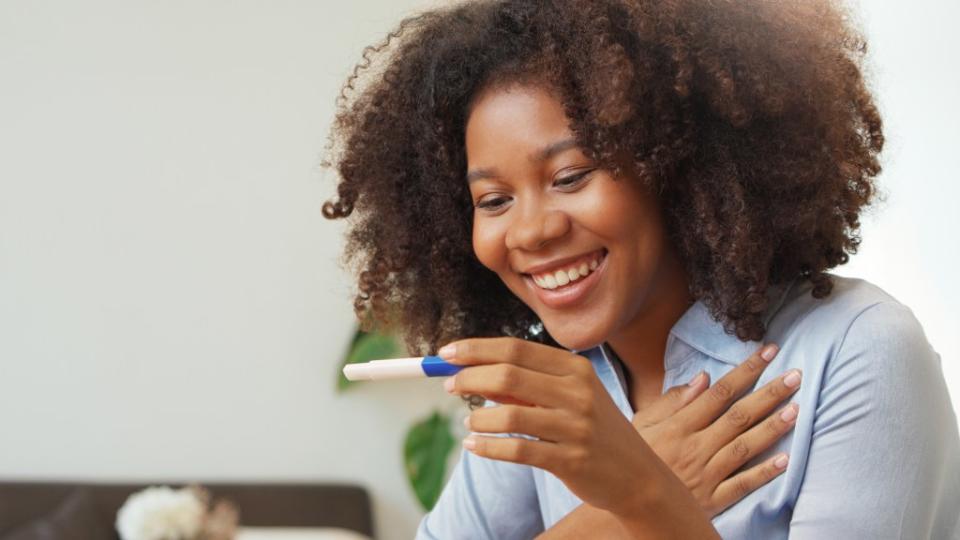
Fertilization methods like intracervical insemination (ICI), and Mosie’s system, work by depositing semen close to or at the cervix. According to a 2015 study on ICI, the technique boasts a pregnancy success rate of approximately 37.9%.
Doing it at home is largely safe, per reports. However, experts warn couples that self-performed insemination can increase the risk of contamination and infections — dangers that are lessened when artificial fertilization is done in a sterilized healthcare setting.
Nonetheless, going it alone is less expensive and less invasive than going the clinical route.
Despite the risks, Pitzer and her hubby were comfortable opting for a more budget-friendly measure. “We didn’t want to spend a lot trying to get pregnant since actually having a baby costs so much money,” Pitzer told The Post, adding that she and Andrew didn’t want the memory of getting pregnant in a stuffy doctor’s office.
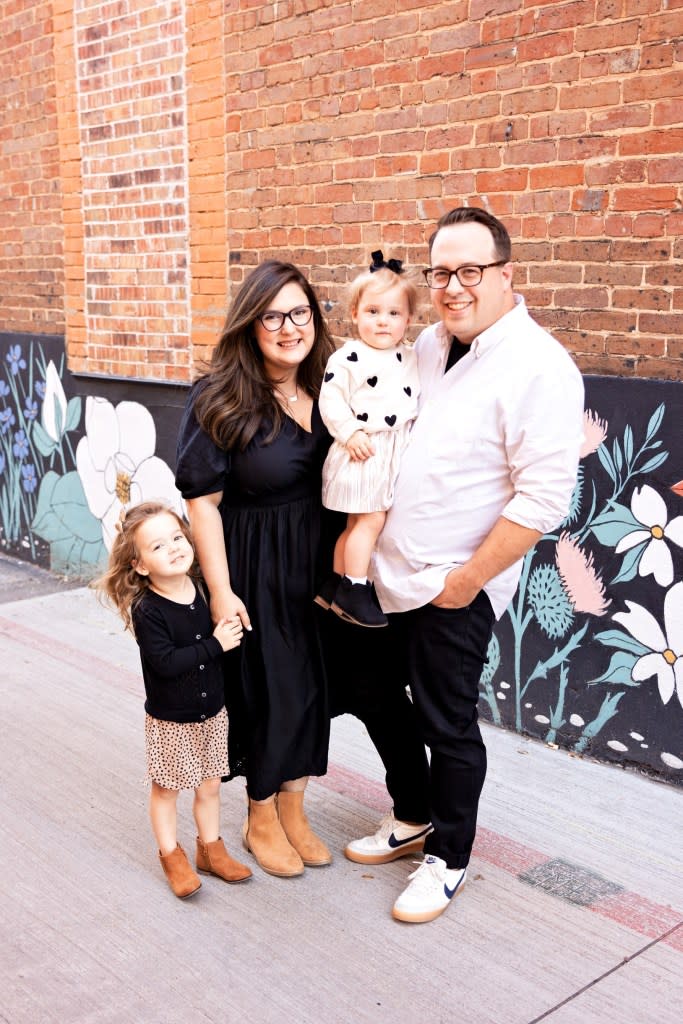
“This worked for us,” she said. “And even though we didn’t have sex to conceive, we still shared a very intimate and special moment.”
After Andrew collected his semen in a separate room, he gave it to Pitzer, who then painlessly inserted the specimen into her cervix. She likens the sensation to installing a tampon.
“It was really easy,” said Pitzer. “It didn’t hurt at all.”
The anxious mom-to-be received the surprise of her life several days later when she woke up at 5:00 a.m. to take a pregnancy test that came out positive.
“My husband and I were freaking out,” she recalled. “We’d wanted this for so long, and we’re amazed that it happened after our first try with Mosie.”
Nine months later, the pair welcomed their oldest daughter, Everly, now age 5.
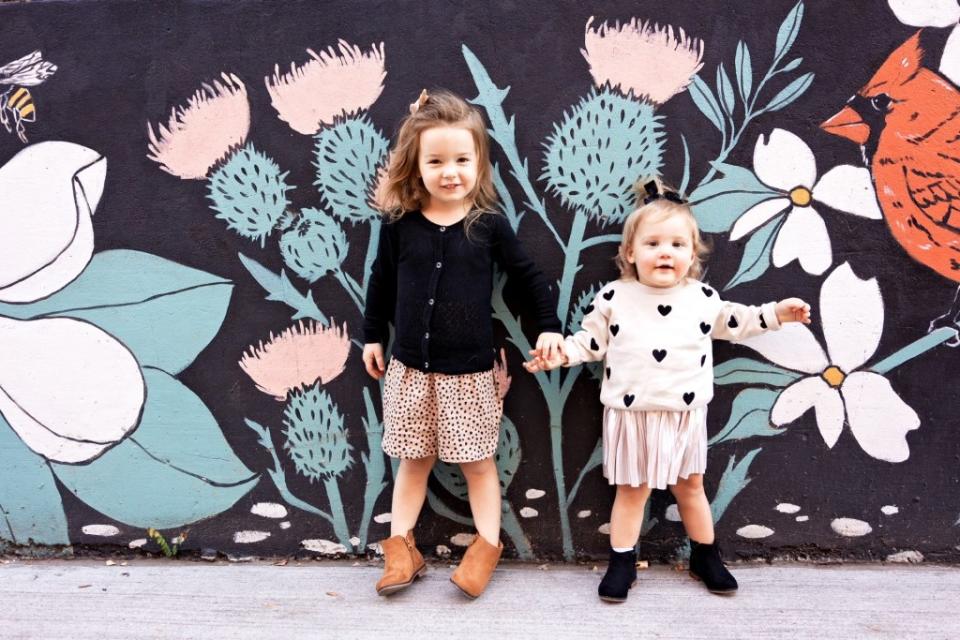
And when the twosome decided to have a second baby in 2021, they repurchased a Mosie kit, and again, conceived two-year-old daughter, Olivia, without breaking a sweat.
“Getting pregnant at-home is a comfortable option for people who are struggle to conceive, but don’t want to do it in a doctor’s office,” said Pitzer, noting that private insemination is, too, a great alternative for members of the LGBTQ+ community.
“My [moms] are gay,” she said, “and something like this gives everyone the ability to enjoy a less public conception.”
“I’m so happy with the outcome,” added Pitzer. “We have our two crazy, beautiful little girls and our family is complete.”

